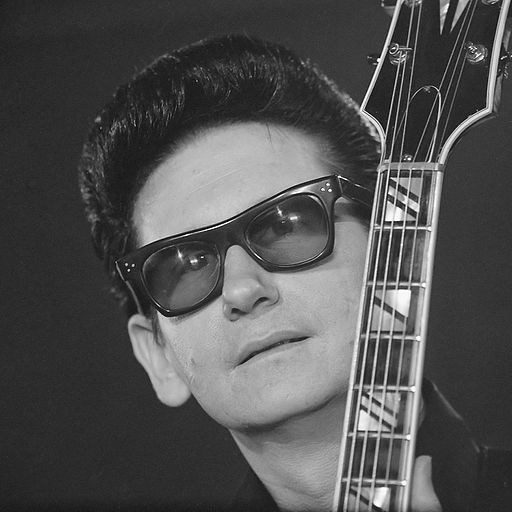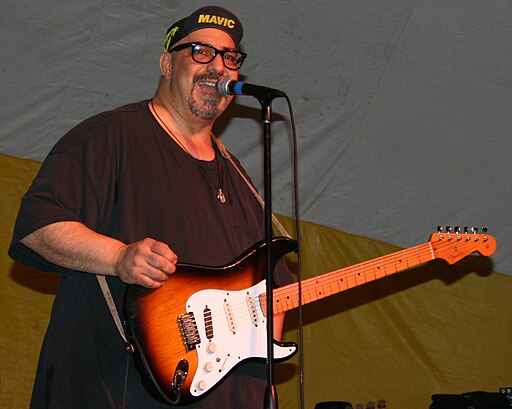 40 years ago today, my mother gave me a birthday gift that ended up exerting an oversized influence on the direction my life would take. I had started loving 50's and early 60's rock and roll from an early age, about 3. And before the conclusion of my pre-adolescence, I had become at least somewhat well-versed in the brilliance and glory that had been the Beatles, just scarcely more than a decade before. But on my fifteenth birthday, I was about one year and well into my evangelization and devotion to the Rolling Stones.
40 years ago today, my mother gave me a birthday gift that ended up exerting an oversized influence on the direction my life would take. I had started loving 50's and early 60's rock and roll from an early age, about 3. And before the conclusion of my pre-adolescence, I had become at least somewhat well-versed in the brilliance and glory that had been the Beatles, just scarcely more than a decade before. But on my fifteenth birthday, I was about one year and well into my evangelization and devotion to the Rolling Stones.
The gift I received was a book chronicling that band's first 20 years, just scarcely completed. As I read it that very night, I came across a section in which Keith Richard's mother describes him getting his first guitar, for about 20 pounds, when he was 15 years old and that he pretty much taught himself how to play. Like Saul on the road to Damascus, I became struck blind by the light of the vision before me. I, like probably anyone who has ever rocked out to a song, had always dreamed of being able to play an instrument - specifically a guitar since that seemed to be what was required - and make that kind of music. But for whatever reason, that had never seemed like a possibility for me. I had assumed that playing guitar required all kinds of things that I didn't have any money to pay for, nor any encouragement or support to obtain - things like guitars, lessons, amplifiers, time for endless practicing, and so on. And maybe it required something that some were born with, but I clearly had not been: talent.
But in the very moment that I read that passage in that book that my mother had given me, my plan became crystal clear. I would find a very cheap, second-hand acoustic guitar to purchase, and I would attempt to learn on my own how to play. It just so happened that I was able to purchase a Sears ¾ size child's acoustic steel-string guitar for the sum that I had in my head, not 20 pounds but 20 dollars. It had a small hole that had been punched in one side, but some brown packing tape covered that sufficiently. And I bought at the mall bookstore a guide titled (appropriately) How to Play Guitar. And I began my journey attempting to realize a dream. A childhood dream to play guitar. To play electric guitar, to play rhythm guitar in a band. To write songs using a guitar. And ultimately to become a musician like all those artists that had reached and touched and moved me, one who was able one day to move someone myself.
Forty years later to the day my journey arrives here. I never did become a great, or probably even a very good guitarist. But I did start a band that I played rhythm guitar for, I did ultimately learn how to write songs, and I have at various times in various ways attempted to reach out. To move someone.
So, here's my last recourse, here's my best and final attempt to stir you and call you to my cause. 11 songs to try to plead my case. I've given it all I've got. Will you give me a shot, and hear me out? This is my Moment of Truth…


















